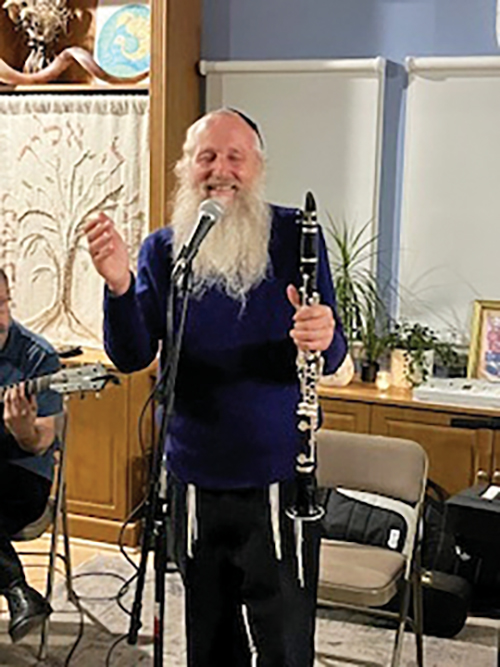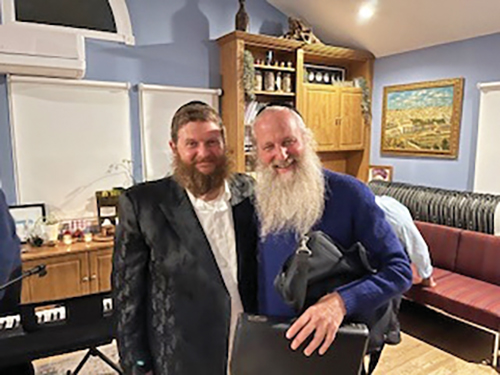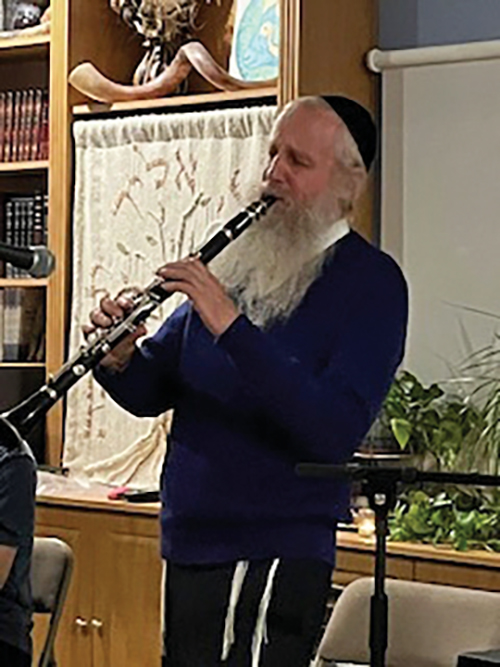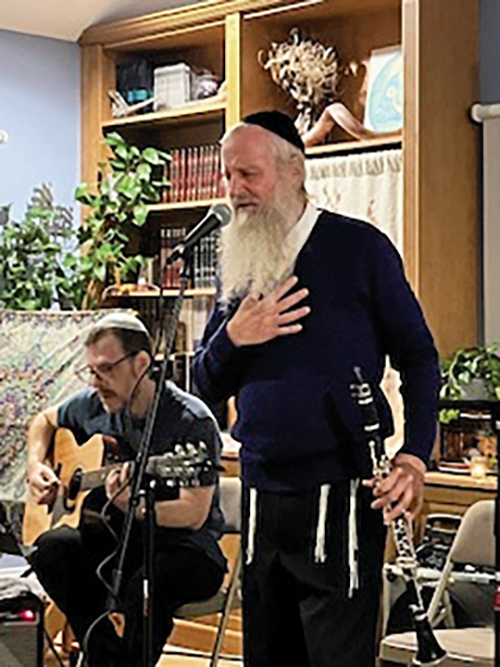A Shabbat and melave malka of spiritual elevation.

If you were present for even a single tefillah, drasha or the melave malka at Lev Le’Daas of Shabbat Ki Teitzei, you would probably remember the warm embrace of Rav Daniel Kohn’s engaging smile. That captivating smile expanded into the room and filled people’s hearts; nearly ever-present from before Kabbalat Shabbat until the very closing moments of the melave malka; it was a smile that made you smile back, and gathered you into the soft-spoken and illuminated words of Torah.
Standing as we are now in the waning aura of Chodesh Elul, Rav Kohn offered practical guidance for sensitizing spiritually in preparation to enter into the space that is the avodah of Rosh Hashanah and Yom Kippur.

He offered a lesser-known idea that “elul” can also be read as a verb, or refer to a “lul,” a narrow passageway into the Kodesh. As such, Elul can be viewed as a passageway to growth, including both what you’d like to leave behind (naming anger and resentment) and also connecting with what you’d like to bring with you. This hope, he said, is expressed by Dovid HaMelech in Psalm 118, pasuk 19: “Pischu li sha’arei tzedek…/Open for me the gates of righteousness and I will enter and thank Hashem.”
“By being yourself in a place that Hashem has for you, you will have a place with Hashem,” said Rav Kohn.

“One of the features of both the Rosh Hashanah and Yom Kippur Mussaf service, Birchat Kohanim, requires the Kohanim to be happy during their recitation of the bracha, according to the Rema,” noted Rav Kohn. This idea originates, he said, from Aharon HaKohen as being the paradigm of the source of joy. “Aharon HaKohen is the only person mentioned specifically in the Torah as being happy.”
The melave malka was preceded by a beautiful and mellow Havdala service, followed by Rav Kohn’s weaving music together with messages of the season, creating a tapestry of emunah and bitachon. Introducing an original niggun with lyrics, he led the singing of “Hinei Makom Iti,” and also played the tune on his clarinet- a veritable musical meditation.

Rav Daniel Kohn has also authored a sefer, “Book of Yearning: The Siddur’s Path to Love, Growth and Fulfillment,” available from KTAV publishing. https://ktav.com/










